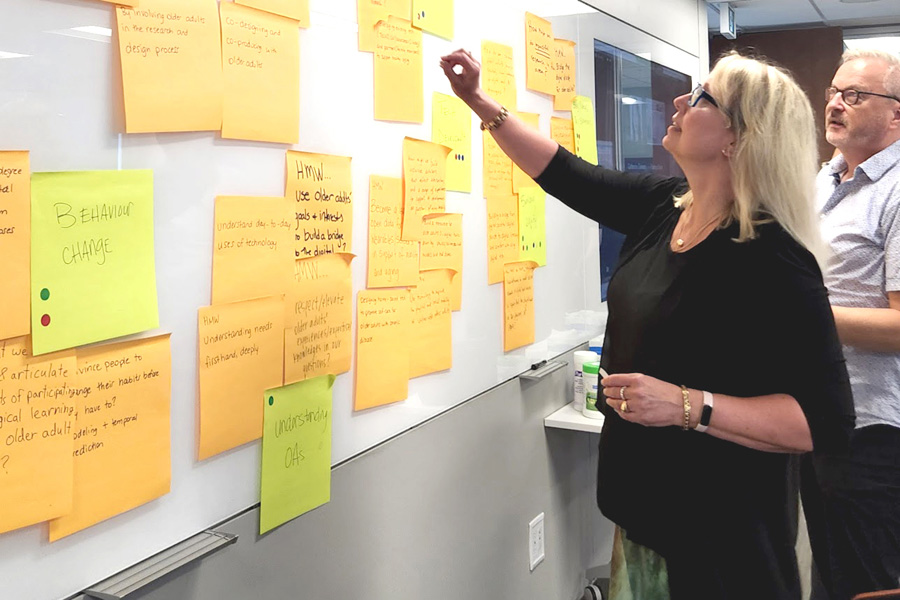Let’s Work Together
Interested in applying for MIRA funding? We are here to support your application, answer your questions and discuss potential collaborations to make your idea a success.
Send us a message
We are proud to support graduate students and postdoctoral fellows working on aging research at McMaster University.

2025 MIRA PhD Scholarship
Skip to McMaster NavigationSkip to Site NavigationSkip to main content McMaster Institute for Research on Aging Contact Terms & Conditions Privacy Policy 1280 Main Street West. Hamilton, Ontario L8S 4L8. (905) 525-9140 © 2017 McMaster University
2025 Labarge Mobility Master’s Scholarship
2024 Undergraduate Summer Research Fellowship
2024 Undergraduate Summer Research Fellowship
2024 Undergraduate Summer Research Fellowship
2024 Undergraduate Summer Research Fellowship
Interested in applying for MIRA funding? We are here to support your application, answer your questions and discuss potential collaborations to make your idea a success.
Send us a message